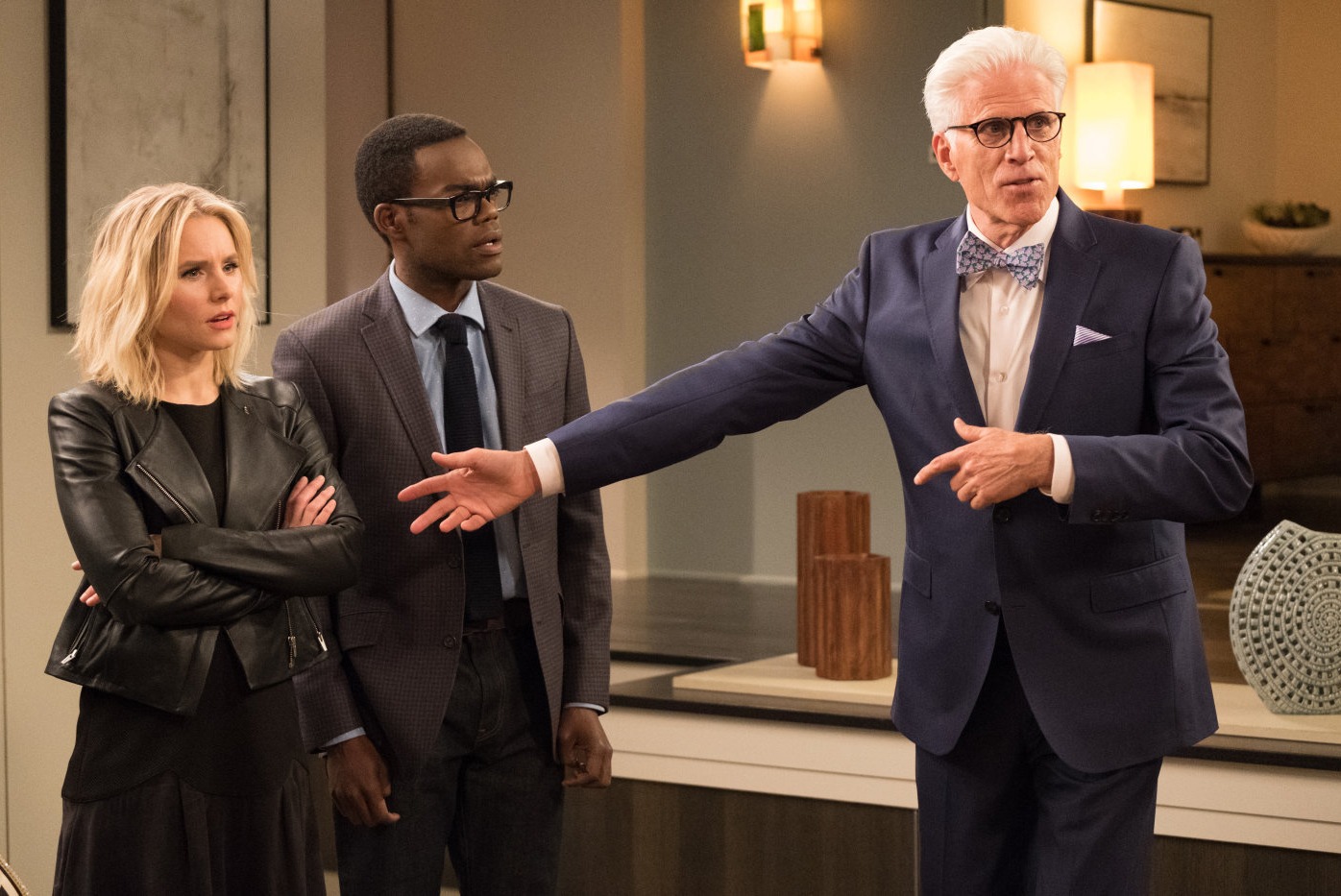Cancel culture is killing sitcoms? Now that’s a joke
*Multimedia version accessible here!*
Apparently, according to a certain kind of culture war enthusiast, you simply can’t say anything funny anymore. They can’t watch Friends or Fawlty Towers without pointing out that something is inflammatory every thirty seconds. They got Little Britain and Come Fly With Me pulled off BritBox, and The Office U.S. episode ‘Diversity Day’ (in which a business’s diversity programme is endlessly ridiculed) off the Comedy Central schedules. We must be afraid – surely?
The looming threat of being cancelled doesn’t necessarily prevent sitcoms from leaning on edgy humour either – it’s more than possible to do that without being flat-out, objectively offensive
No, not really. I say this as one of the ‘woke lefties’: people of my political leanings want far more important things – racial equality, universal reproductive rights, safe streets – than to kill sitcoms. Nobody would unironically advocate for that. The very idea is a myth perpetrated by the exact people who create the illusion of a culture war where every aspect of art and culture we hold dear is under threat. Yes, the standards for what we consider funny are changing, but if anything, we’re making comedy better. We’re raising the bar so that sitcoms and comedians are less likely to get away with using cheap, lazy, or offensive humour. After all, if your comedy relies on bigotry (ironic or otherwise) and you complain you can’t be funny because you’ll be challenged on that, are you really that funny anyway? Using those things hardly demonstrates genuine wit, sharp observation, or cleverness with words. It’s not original. It’s boring at best, and upsetting at worst.
There are plenty of brilliant recent sitcoms out there that are hilarious without ever feeling the need to be offensive. Though perhaps there are fewer things that ‘can’ be said in sitcoms nowadays, it doesn’t mean that comedic potential has to be limited. BBC’s Ghosts is wonderfully wholesome, while Netflix’s The Good Place is never anything less than thoughtful yet quirky, and remains remarkably consistent across its four seasons. The looming threat of being cancelled doesn’t necessarily prevent sitcoms from leaning on edgy humour either – it’s more than possible to do that without being flat-out, objectively offensive. Musical comedy Crazy Ex-Girlfriend cheekily asks during a song called ‘Who’s The New Guy?’ whether the audience can root for a new character who’s “male, straight and white”, while in ‘Let’s Generalise About Men’, one character is cheerfully told in an 80s style pop song that her sons “are gonna be rapists.” There has been no real loud call for Rachel Bloom to be cancelled for this. It raises a gasp that becomes a laugh, edging towards a line but not quite crossing it.
The large and rapid changes in attitudes means we’re looking at the sitcoms of the past with a new, more modern, and increasingly critical eye. Some might ask: should we really be applying today’s answers to yesterday’s comedy? It’s perhaps inevitable that we do that – some things that would have been funny ten or twenty years ago have soured with time. For example, Joey’s sexualisation of lesbians in Friends comes off as crass and lecherous, not to mention misogynistic, to the modern viewer. Some parts of that sitcom remain funny, others really do not. Comedy, however, is a reflection of our times – can we really laugh at attitudes that seem outdated and thus irrelevant? Sometimes we can try to overlook it and keep in mind that what we’re watching is a product of its time, as Friends very much is. Other times, sitcoms ought to know better. David Walliams and Matt Lucas’s short lived airport sitcom Come Fly With Me was only made eleven years ago but still, shockingly, uses blackface and brownface and has been panned for racist stereotyping. Those techniques were off the table even before the age of cancel culture. How funny is it, really, when you have to resort to unfashionable tropes for a laugh?
Attitudes naturally change over time, and the best kinds of comedy can withstand these shifts and remain funny in spite of them
There is no crisis in the sitcom world over cancel culture. Attitudes naturally change over time, and the best kinds of comedy can withstand these shifts and remain funny in spite of them. Cancel culture is a flawed concept, of course, but it should not silence the most talented and generally well intentioned comedic writers. If anything is going to kill the sitcom off (though hardly likely), it won’t be our capacity to take a joke.

Comments